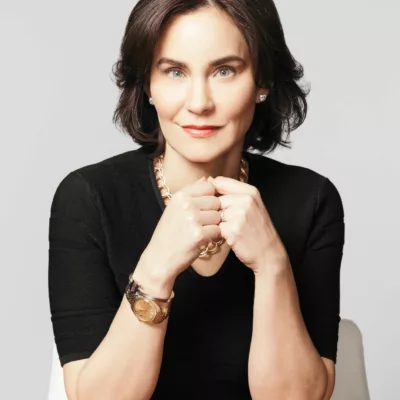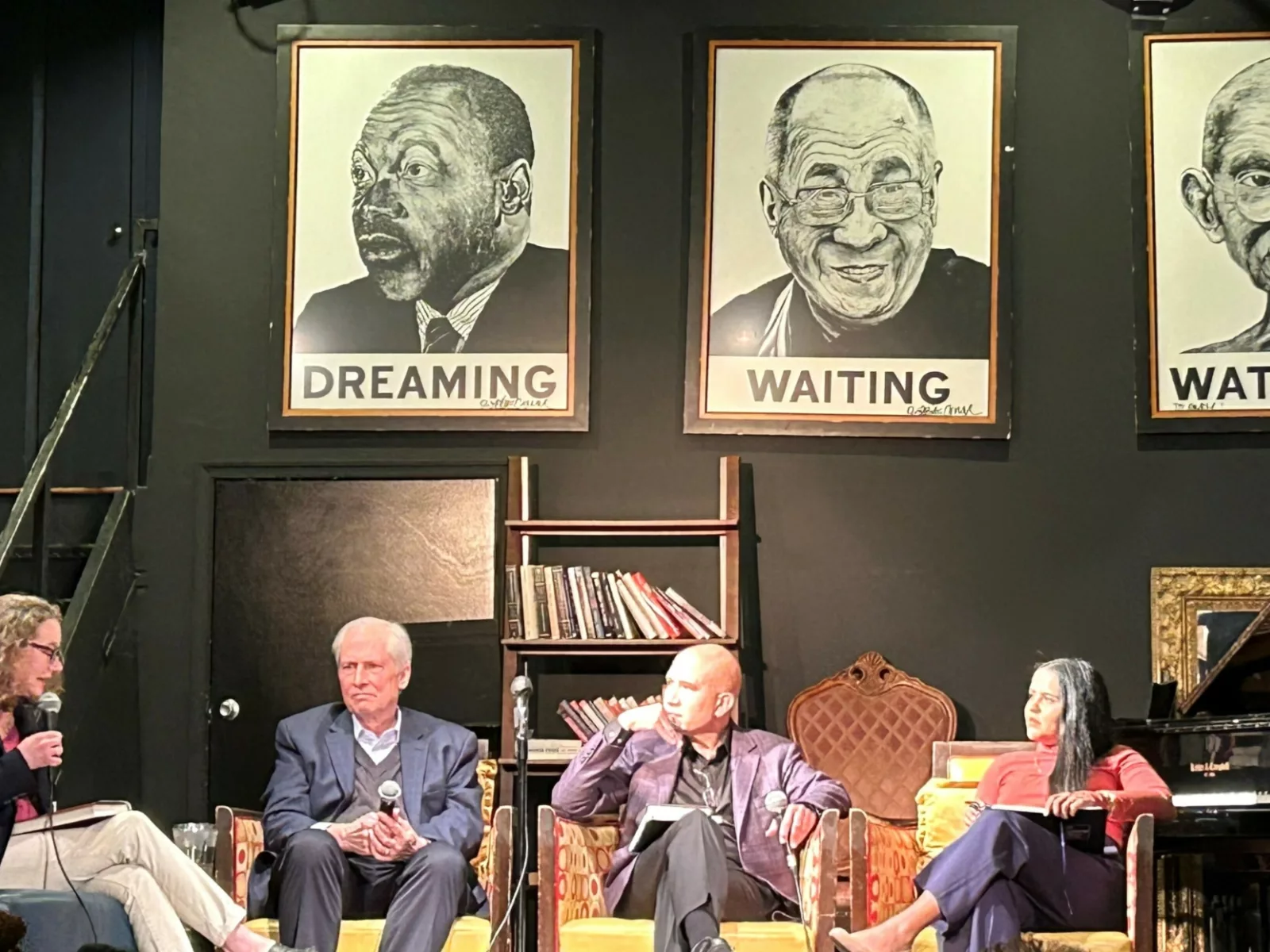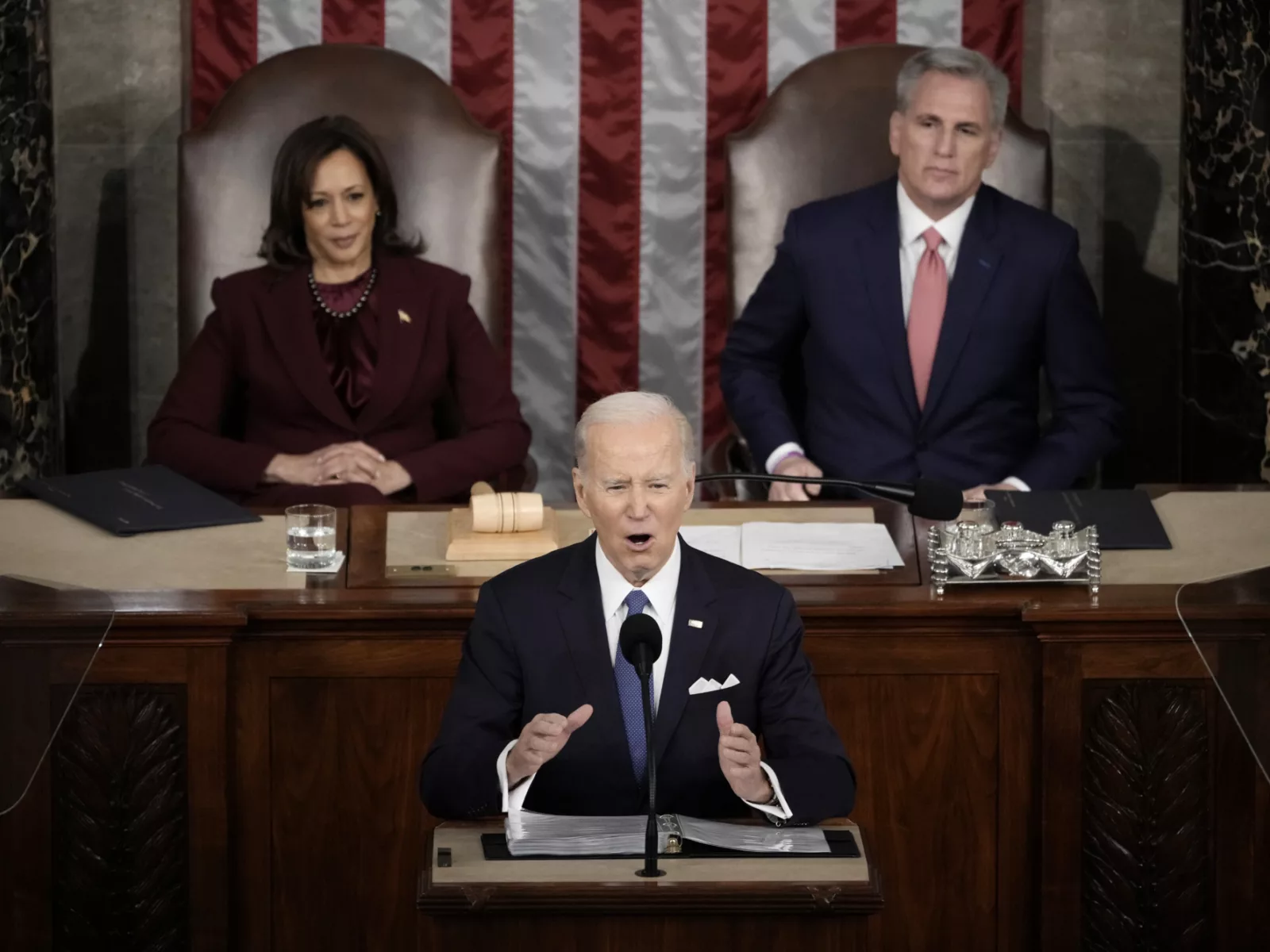The video of police officer Derek Chauvin pressing his knee into George Floyd’s neck for 8 minutes and 46 seconds until Floyd lost consciousness and died served as the spark that ignited a tinder box of demonstrations calling for police reform. In the aftermath of Floyd’s death, people flooded the streets, crying out for justice and transforming 2020 into a year where Americans confronted the systemic racial injustices within policing that have disproportionately harmed and killed Black men and women.
The protests of last year have spurred new actions at the federal, state, and local levels to hold law enforcement accountable for their actions and to better safeguard communities of color, who have primarily borne the brunt of police brutality.
In the months since Floyd’s murder, a flurry of bills has been introduced in state legislatures: Illinois’s governor recently signed a sweeping justice reform law, which included critical policy reform, and states such as Maryland and Washington are moving forward with robust policing reform bills. At the federal level, the Biden-Harris administration has declared criminal justice reform and racial justice top priorities.
Yet the majority of state and federal bills have either stalled or seem unlikely to pass, begging the question: Will America actually act on policing reform?
As the Chauvin trial once again thrusts law enforcement accountability under a microscope, Laura Arnold, co-founder and co-chair of Arnold Ventures and host of “Deep Dive,” sits down with two leading voices in the reform conversation: Monica Bell, a sociologist and professor at Yale Law School whose theories on legal estrangement have served as a breakthrough in developing policies related to policing; and Carmen Best, the first Black woman to serve as chief of police in Seattle.
In this episode, Arnold, Bell, and Best examine the root causes of the accountability crisis in policing and the impacts on communities of color; outline the various policies that have been proposed and the evidence on their effectiveness; and explore what’s next in this movement to effect change in policing.
Their conversation kicks off the launch of Arnold Ventures’ expanded Policing portfolio, which will now take on police accountability and larger community safety efforts, including initiatives to understand the root causes of violence and most effective responses, and how to best respond to crises, particularly when there is no need for a law enforcement response. This new work will see AV taking a greater role in supporting state advocacy to remove or eliminate structural barriers to police reform, and empowering community leaders to advance new models of community safety.
How to listen
Listen to the podcast in the player above or on iTunes, Spotify, Stitcher, or your favorite podcast app.
About the host
Laura Arnold is the Co-Founder and Co-Chair of Arnold Ventures, founded in 2010, and an attorney and former oil company executive. Read more about her here.
About the guests
Monica Bell, Associate Professor of Law at Yale Law School, is one of the nation’s foremost thought leaders on police reform and her ideas have challenged the typical reformist mindset. Bell’s scholarship includes a 2017 article in the Yale Law Journal that calls for a rethink of the concepts of police legitimacy and procedural justice and emphasizes that it is not just the behavior of the officer in the individual officer that effects the Black civilian, but the broader context in which police and Black communities intersect.
Carmen Best, retired police chief of the Seattle Police Department, was the first Black woman to hold that position. She rose from the ranks as beat cop, eventually securing the top position, where she managed more than 1,400 officers, led the city of Seattle through a consent decree and responded to protests. She now serves as a commentator on NBC News and MSNBC.

Policing
Law enforcement must act in service to communities by promoting public safety with reverence for life and dignity, and by upholding constitutional and human rights of all persons regardless of race, ethnicity, identity, or economic status.
Learn more


























